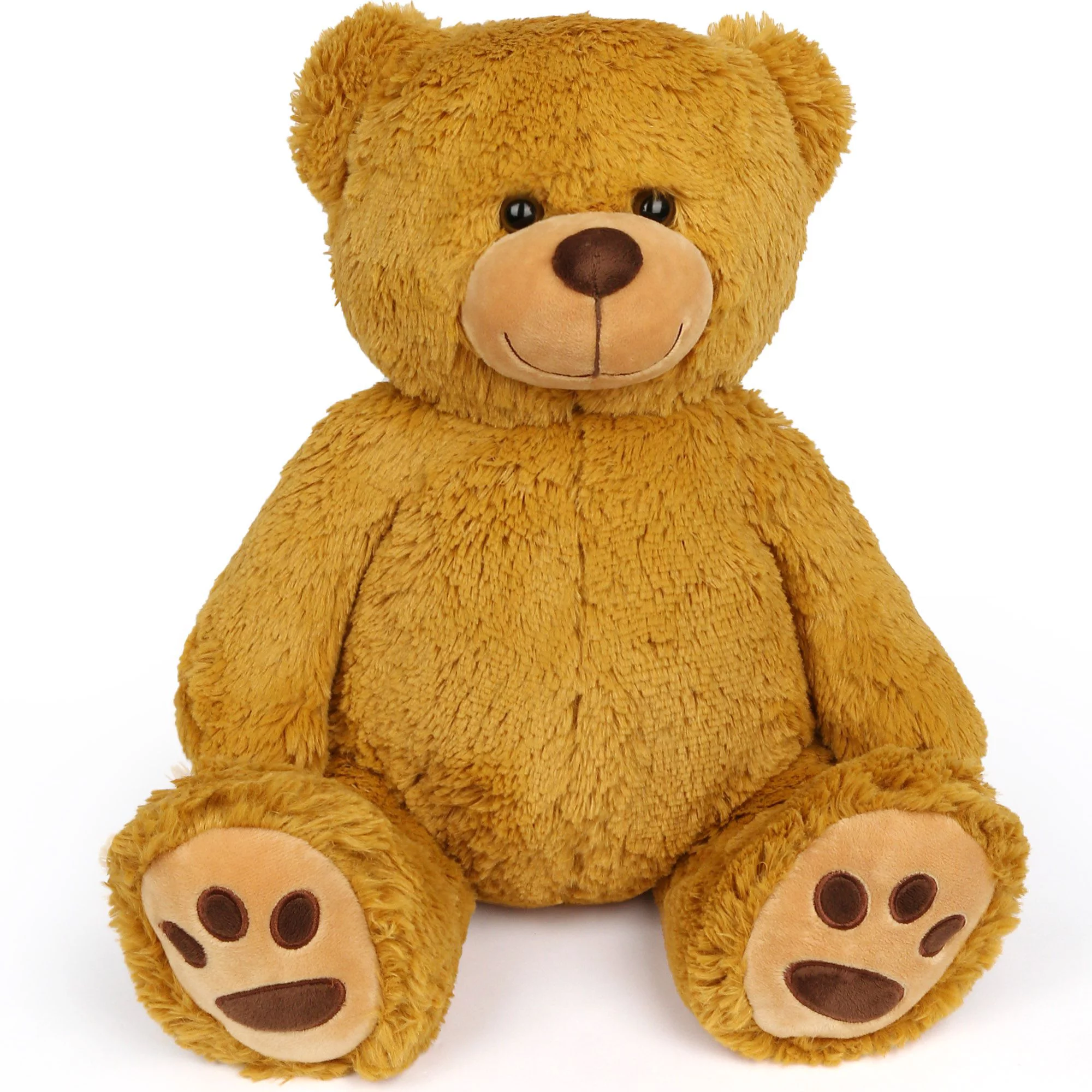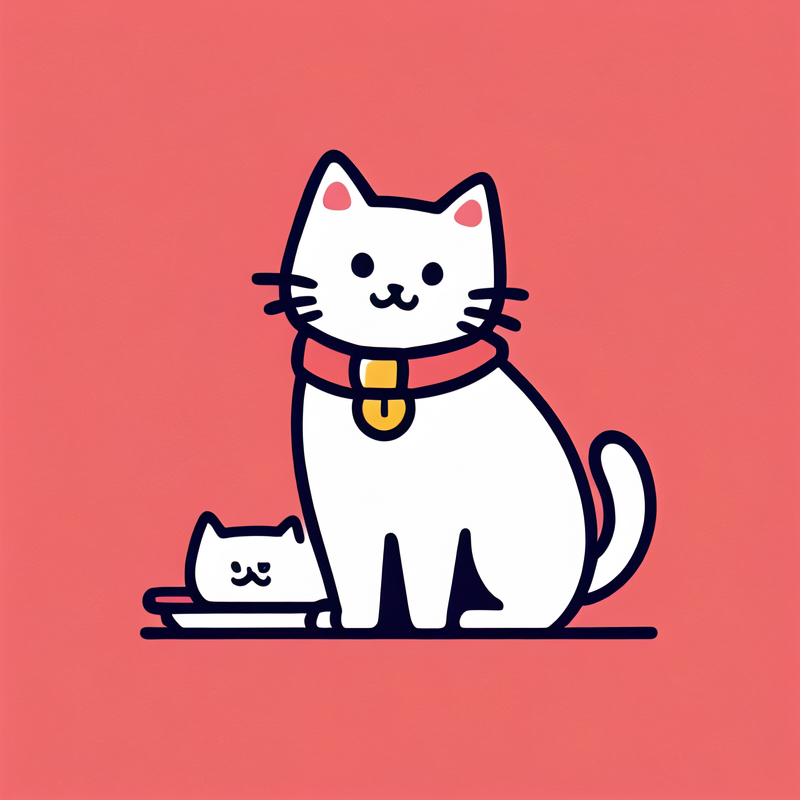Introduction:
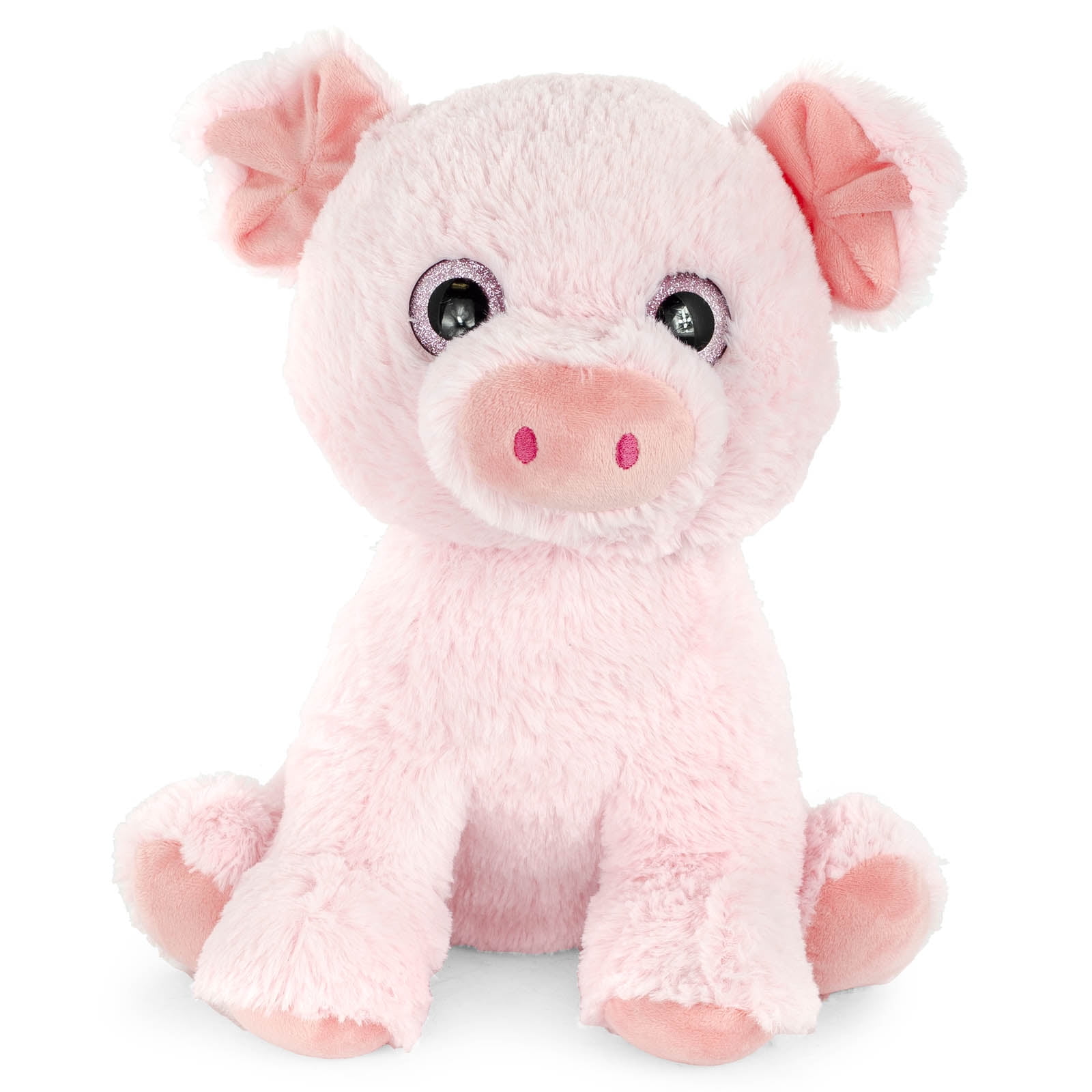
Gift-giving holds a special place in a child’s heart, and selecting the perfect present is a joyful endeavor. In this blog post, we delve into the wonders of plush toys as gifts for children, examining their appeal and the numerous benefits they offer. From their soft and cuddly nature to fostering imaginative play and creativity, plush toys bring joy and provide developmental opportunities.
I. The Appeal of Plush Toys
A. Soft and Cuddly Companions
- The Comfort and Security They Provide: Plush toys offer a sense of comfort and reassurance, providing a source of security for children. Their soft textures and huggable nature create a soothing tactile experience.
- The Soothing Tactile Experience: Running fingers through the plush fur and snuggling with a plush toy can evoke feelings of relaxation and calmness. This sensory experience is especially beneficial for children during moments of stress or fatigue.
B. Imaginative Play and Creativity
- Encouraging Storytelling and Imaginative Adventures: Plush toys serve as perfect companions for imaginative play, encouraging children to create intricate narratives and embark on exciting adventures. They become characters in fantastical stories and stimulate creativity.
- Fostering Cognitive and Social Development: Through imaginative play with plush toys, children develop cognitive skills such as problem-solving, critical thinking, and decision-making. Additionally, plush toys can become social catalysts, promoting communication, cooperation, and empathy.
II. Choosing the Ideal Plush Toy Gift
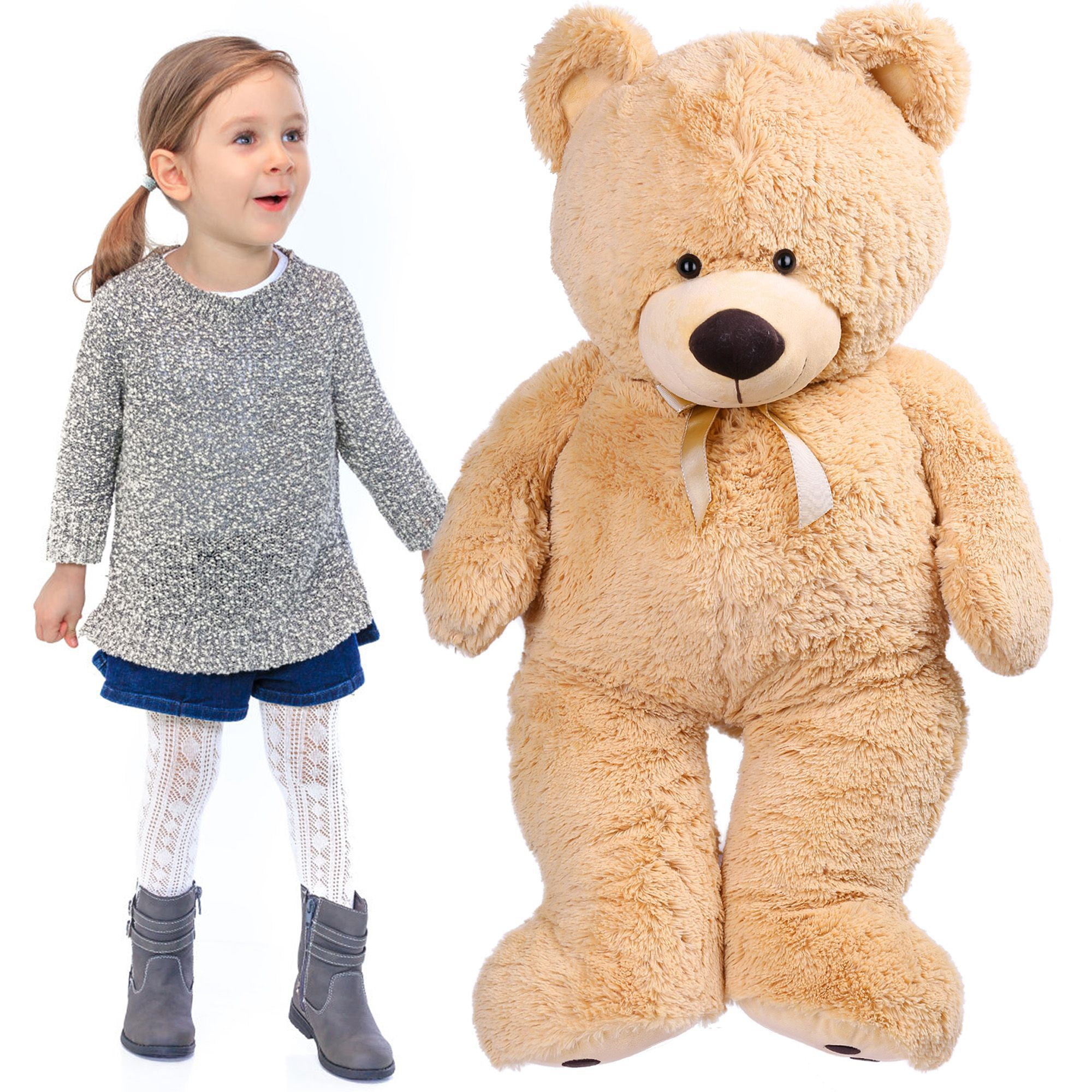
A. Age-Appropriate Options
- Safe and Suitable for Infants and Toddlers: Selecting plush toys with appropriate size, materials, and features ensures their safety for infants and toddlers. Plush toys designed for this age group often have features that stimulate sensory exploration and fine motor skills.
- Engaging Features for Older Children: As children grow older, plush toys with exciting features, such as interactive elements, educational components, or customization options, enhance their engagement and play value.
B. Factors to Consider When Selecting a Plush Toy
- Durability and Quality: Opting for well-made, durable plush toys ensures that the gift will withstand the test of time and continue to bring joy for extended periods.
- Personal Interests and Preferences: Understanding a child’s interests, such as favorite animals, characters, or hobbies, helps in selecting a plush toy that aligns with their unique preferences, fostering a deeper connection and appreciation.
III. The Emotional and Developmental Benefits

A. Emotional Support and Companionship
- Providing Comfort During Times of Distress: Plush toys act as soothing companions, offering comfort and solace during challenging moments, such as bedtime, separation anxiety, or illness.
- Becoming Confidants and Sources of Emotional Connection: Children often confide in their plush toys, using them as a safe space to express emotions and share secrets. Plush toys provide unconditional love, companionship, and a sense of belonging.
B. Enhancing Social and Cognitive Skills
- Encouraging Pretend Play and Role-Playing: Plush toys become co-participants in imaginative scenarios, enhancing social interactions and helping children develop important social skills such as cooperation, negotiation, and problem-solving.
- Promoting Empathy, Communication, and Cognitive Abilities: Children build empathy as they care for their plush toys, imitating nurturing behaviors and learning to understand others’ emotions. Additionally, playing with plush toys stimulates communication skills, language development, and cognitive abilities.
IV. Emotional and Developmental Benefits
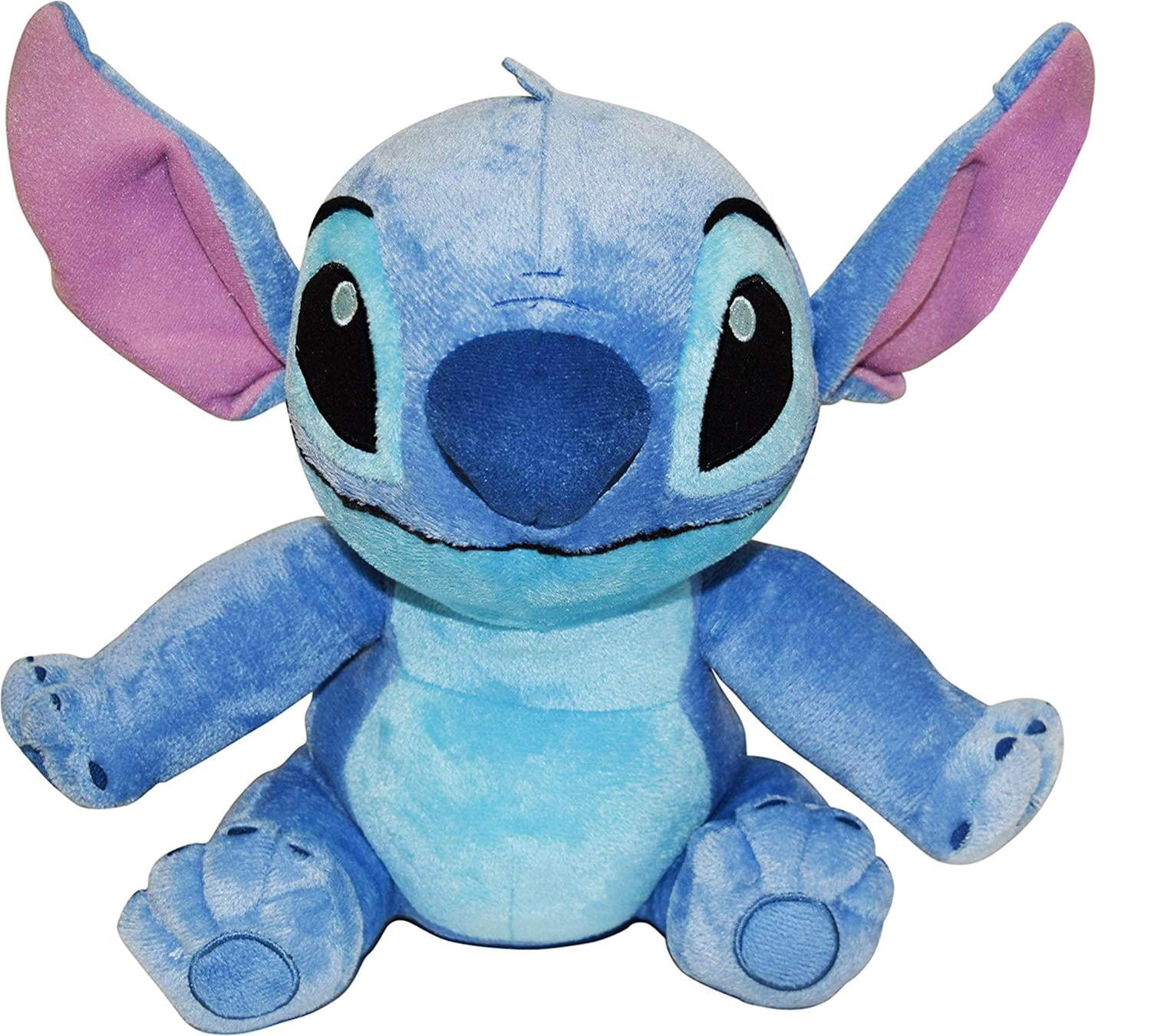
A. Emotional support and companionship
1. Providing comfort during times of distress: Plush toys often serve as a source of solace and comfort when individuals are feeling upset, anxious, or lonely. Their soft and huggable nature can provide a sense of security and reassurance during difficult times.
2. Becoming confidants and sources of emotional connection: Children, in particular, develop a unique bond with their plush toys, treating them as confidants with whom they can share their deepest secrets and feelings. These toys become trusted companions that children can rely on for non-judgmental support and emotional connection.
3. Enhancing Social and Cognitive Skills: A. Encouraging pretend play and role-playing: Plush toys play a crucial role in fostering imaginative play, allowing children to create and act out various scenarios and narratives. This imaginative play helps develop creativity, problem-solving skills, and critical thinking abilities.
4. Promoting empathy, communication, and problem-solving abilities: Through interacting with plush toys, children learn to empathize with the needs and emotions of others. They practice essential communication skills by verbalizing their thoughts and emotions when engaging in pretend play scenarios. Additionally, plush toys offer opportunities for problem-solving, as children learn to navigate through challenges and conflicts in their imaginative play.
V. Extended Use and Keepsakes

A. Beyond a childhood toy:
Plush toys often hold sentimental value beyond childhood, as many individuals continue to collect and preserve them into adulthood. These toys can bring comfort during challenging times and serve as a reminder of cherished memories.
1. Collecting and preserving plush toys as keepsakes: Some individuals have a penchant for collecting plush toys, treating them as cherished keepsakes. These collections often evoke nostalgia and hold personal meaning, reminding individuals of various experiences and stages of their lives.
2. Passing down plush toys as heirlooms: Plush toys can be passed down through generations, becoming treasured heirlooms within families. This passing down of beloved toys creates a sense of continuity, connecting past and future generations.
3. Rekindling Nostalgia and Creating Lifelong Memories: A. Fondness for cherished childhood plush toys: Many individuals develop deep emotional attachments to their childhood plush toys, often recalling specific memories and experiences associated with them. These toys serve as powerful reminders of carefree and happy moments, evoking feelings of nostalgia as time passes.
4. Establishing enduring emotional connections: Plush toys can hold significant emotional significance, symbolizing specific relationships, milestones, or events. From a cuddly teddy bear received on a birthday to a comforting plush toy that was a source of companionship during a challenging period, these toys create enduring emotional connections that surpass their physical appearance.
Conclusion:
Plush toys offer more than just cuddly companionship; they provide emotional support, enhance social and cognitive skills, and become treasured keepsakes that bring back cherished memories. From childhood solace to adulthood nostalgia, the significance of plush toys transcends time and age. So, let’s continue to celebrate and appreciate the enduring benefits and sentimental value these soft and lovable creatures bring into our lives.
